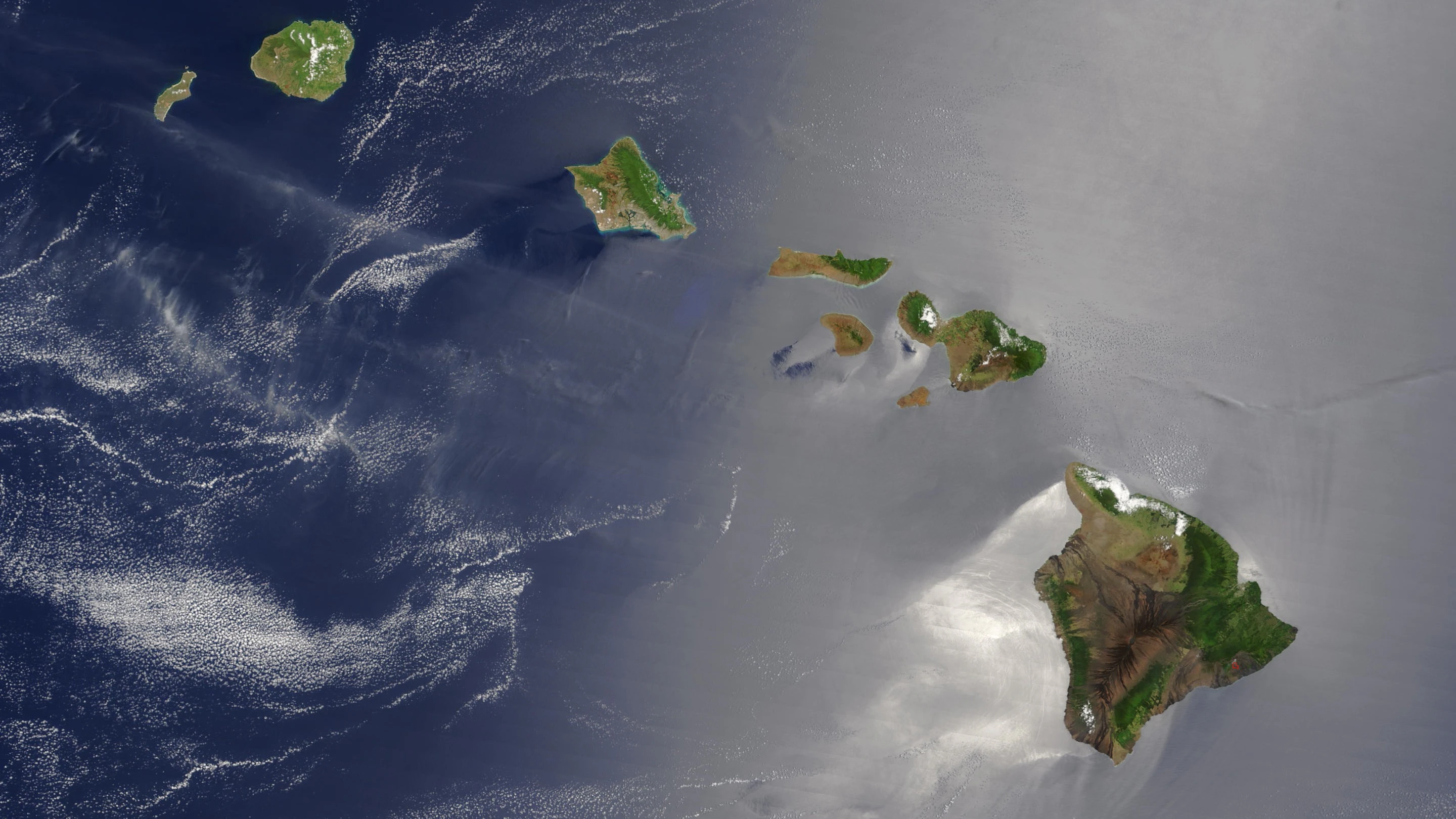President Donald Trump’s “Big Beautiful Bill” could cause a boom in solar energy installations this year and a nationwide industry crisis next year, warn Hawai‘i solar companies.
Trump’s controversial budget reconciliation package, which he signed into law on July 4, made a wide-ranging series of cuts and reductions across a myriad of sectors. While the overall impact of these cuts has yet to be felt, solar companies are already predicting hard times based on one cut in particular.
The Residential Clean Energy Credit allows homeowners to claim 30% of the costs of a new qualified residential energy credit against their yearly income tax filing. Before last week, that credit was scheduled to last until 2032.
Now, the credit ends with 2025, and solar providers are still reckoning with the impending impacts.
“That tax credit has been an important part of the value calculations for most homeowners interested in installing [photovoltaic systems],” said Marco Mangelsdorf, responsible managing employee for Hawai‘i Island solar provider ProVision Solar. “It’s been ingrained in the calculus.”
In the absence of the credit, Mangelsdorf said the cost of residential solar installations will presumably increase, and business for solar installers will decline. The scope of such impacts remains to be seen, although Mangelsdorf drew comparisons to the 2015 decision by the Hawai‘i Public Utilities Commission to end its Net Energy Metering policy.
Net Energy Metering allowed solar customers to be paid for energy supplied by their own photovoltaic systems to their county’s power grid. After the end of that policy, the number of new PV permits awarded statewide dropped precipitously, from more than 14,000 in 2015 to about 8,500 in 2016.
“The net effect is that sales will be driven up this year, because people will say ‘well, I guess I gotta do this now,’” Mangelsdorf said. “But then next year, there’s likely going to be a shockwave for everyone in the industry, up and down the chain.”
Rocky Mould, executive director of the Hawai‘i Solar Energy Association, said rough estimates have pegged the potential loss of solar-related jobs in the state at about 2,300, or about 40% of the workforce. Meanwhile, he said, energy prices are expected to rise and even energy shortages are possible over the next few years.
“I’m worried about our smaller solar installer companies,” Mould said. “I think it’s going to be hard for some of them to stay in business.”
Mangelsdorf said he believes ProVision Solar will be able to weather the coming storm, but added that, as an electrical contractor, his company can diversify in ways that smaller or more specialized companies might not.
Despite the uncertainty of the industry’s future, Mould said that, for the time being, photovoltaic solar energy remains the renewable energy source with the lowest cost of entry for everyday consumers.
“Electricity costs are already high,” Mould said. “So, even though costs are going up for solar installation, there’s still going to be that appetite for it.”
Mould said he has met with state and county lawmakers to discuss local solutions that could mitigate impacts within the state. For example, he said, in order to manage the flood of new solar customers trying to beat the end-of-year deadline, county planning departments could expedite the permitting process for photovoltaic systems so more people can benefit.
At the same time, Mould said he and other solar advocates have successfully lobbied Gov. Josh Green to veto House Bill 796, which would have sunset a number of state tax credits, including another solar credit.
Even so, Mould said the long-term effects on the nation’s overall clean energy policy are concerning. The Residential Clean Energy Credit may be the most pertinent solar incentive cut for Hawai‘i residents, but it’s far from the only one in the "Big Beautiful Bill."
For example, Mould said, the Clean Electricity Investment Tax Credit, a federal incentive for investment in commercial- or utility-scale renewable energy developments, will now sunset at the end of 2027.
While that credit does allow for “safe harbors” — circumstances where the credit can be extended beyond the sunset date if a certain percentage of the project has already been completed — Trump issued an executive order on Monday, July 7, directing the Department of the Treasury to set terms for the solar tax credit cuts, including a restriction on safe harbors, something that House Republicans have said was key to the "Big Beautiful Bill's" passage.
And Mould said tax incentives for the development of solar power plants are also going away, which may have less of a direct impact on Hawai‘i, but will “cause havoc with the national industry.”
“It’s a degradation of the U.S.’ whole clean energy policy, and it’s a major strategic blunder,” Mould said. “We’re just ceding the future of the industry to China.”
For the latest news of Hawai‘i, sign up here for our free Daily Edition newsletter.





